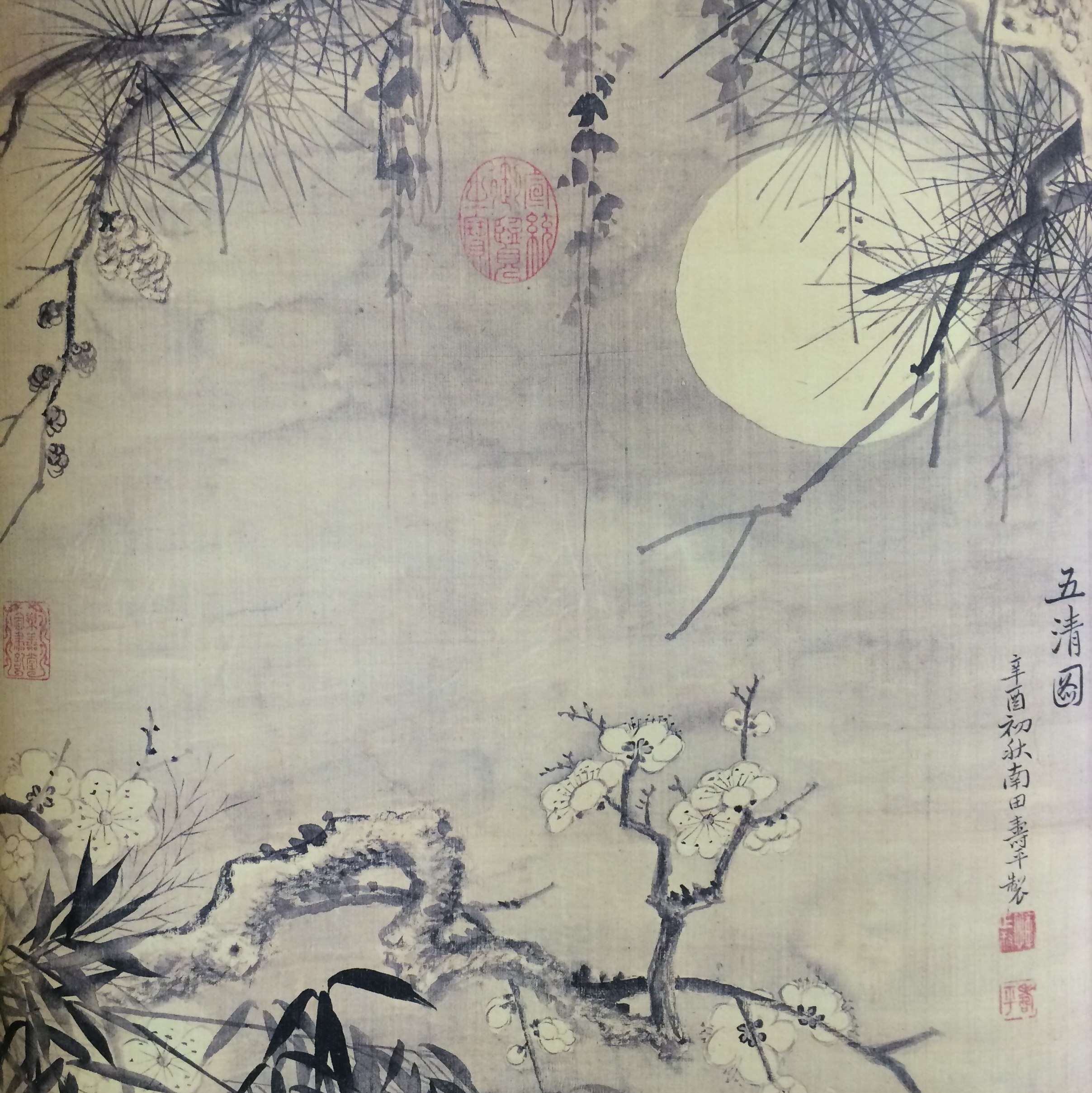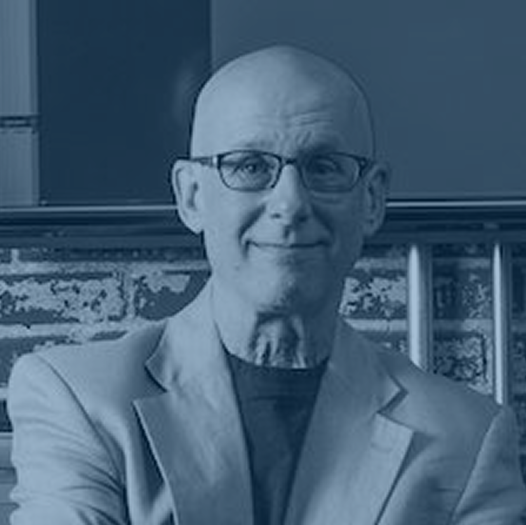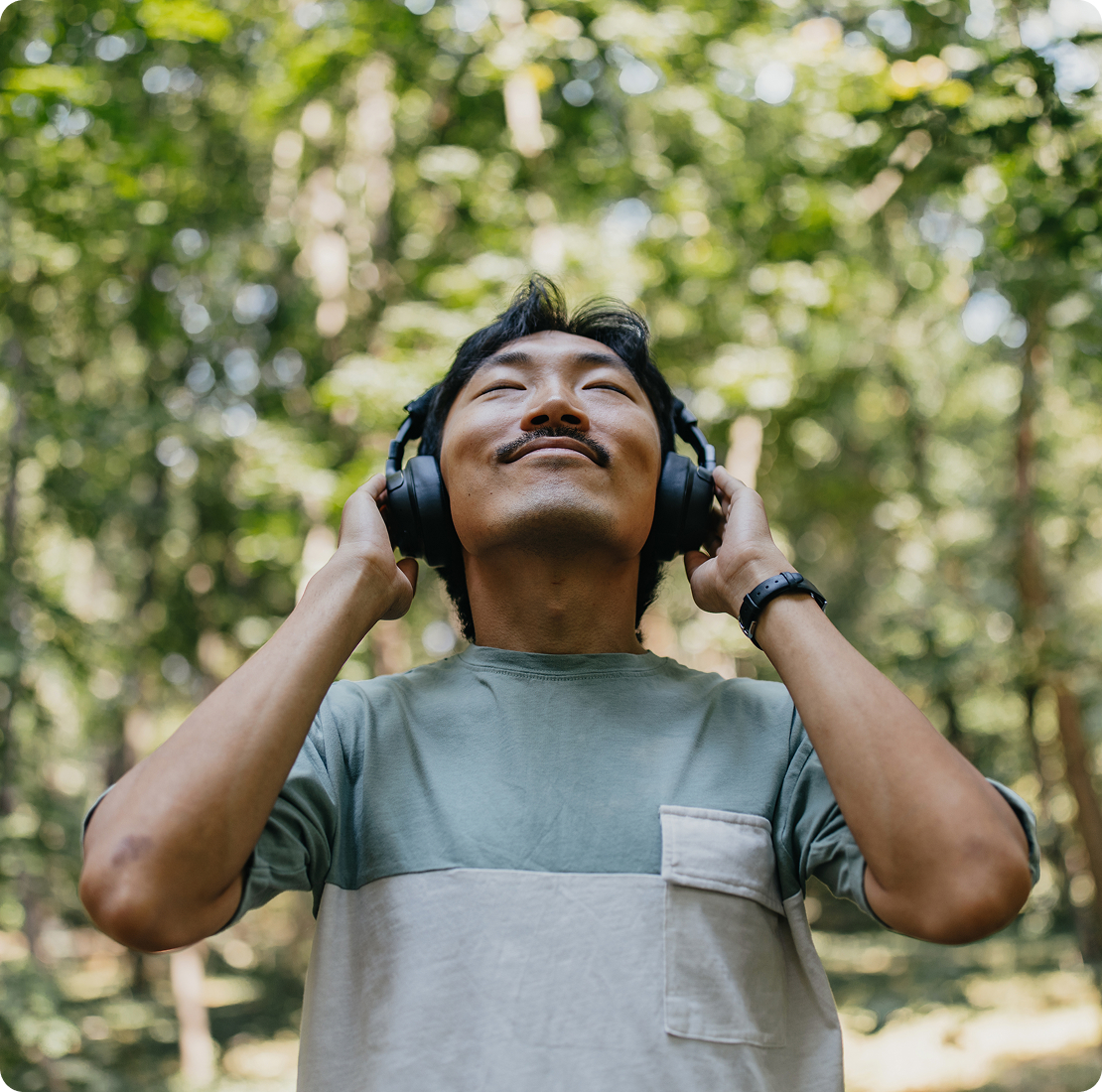
Qiological is an invitation to glimpse into the workings of minds that might be quite different from your own. These discussions reveal and examine the landscape of East Asian medicine as it unfolds in our modern day.
For practitioners who are students of the medicine, and for students who seek the kind of experience not found in books, these discussions inquire into the intertwined threads that engage the tapestry of theory, practice, and the delight of endless learning.
We enter the stream of any tradition by learning from those who have come before, and we truly become part of a living tradition when we add our own voices and experiences.
Here, the perpetually curious find nourishment in the edge where beginner’s mind meets seasoned stability. Here, we value dialogue over debate, plurality over doctrine, and inquiry over answers. Here, we share an opportunity to listen into the currents – and undercurrents – of our rich and vibrant medicine, and to experience its vast complexity and connectedness.

I’ve been a student of acupuncture and Chinese medicine for going on 20 years now. It began as a curiosity as to how a few needles could not only resolve a stubborn health condition I’d had since childhood, but also improve my digestion, quality of sleep and mood. This lead me first to acupuncture school, and then Asia where I worked my way through the gate of Chinese language so I could study with doctors there. Today my work is informed by my clinical practice, the materials I read in Chinese from doctors of centuries past, and the teachers of our modern times who synthesize observations of the past with the challenges of the present. This podcast is rooted in my own curiosity, inquiry and appreciation for different points of view.

And especially when it comes to medicine. It’s more common to have arguments than conversation. We have a position, a method, a process, or protocol. A theory to prop up, a brand that requires endless burnishing.
Listening is not hearing, and it’s not passive. If you look into the traditional form of the Chinese character for listen, you’ll see it’s made up of the characters for ear, eyes, and heart. It’s a multi-sensory experience. And there’s another twist, as the character for heart is also the character for mind.
Listening, then, is more than taking in the sound of the outside world; listening is also about the resonances struck with your inner world.
Our sound-byte, fragmented-attention world leaves little room for slow consideration, and the stance of “knowing” – especially in the world of medicine – has us more focused on protecting our domain and proving ourselves right than softening to another perspective that might make us question our own foundation.
You don't have access to purchase this item.